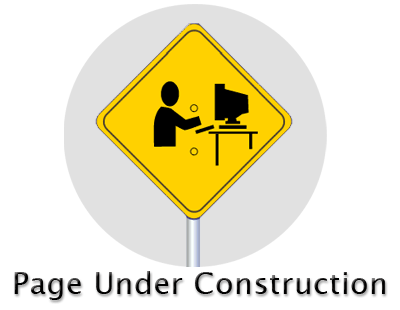Difference between revisions of "CSC103 2008"
| Line 1: | Line 1: | ||
| + | [[Image:underConstruction.gif]] | ||
| + | |||
=CSC 103: How Computers Work= | =CSC 103: How Computers Work= | ||
| − | |||
| − | |||
==Schedule== | ==Schedule== | ||
| Line 7: | Line 7: | ||
==Textbook== | ==Textbook== | ||
| − | '' The Most Complex Machine''., by David Eck, A. K. Peters, Natick Ma [http://www.amazon.com/Most-Complex-Machine-Computers-Computing/dp/1568810547/ref=sr_1_1?ie=UTF8&s=books&qid=1214414726&sr=8-1] | + | '' The Most Complex Machine''., by David Eck, A. K. Peters, Natick Ma [http://www.amazon.com/Most-Complex-Machine-Computers-Computing/dp/1568810547/ref=sr_1_1?ie=UTF8&s=books&qid=1214414726&sr=8-1]. This book should be available at the Greycourt bookstore. [[CSC103_Book_Chapters]] |
| − | |||
| − | |||
| − | |||
| − | |||
| − | |||
| − | |||
| − | |||
| − | |||
| − | |||
| − | |||
| − | |||
| − | |||
| − | |||
| − | |||
==Organization and Schedule== | ==Organization and Schedule== | ||
Revision as of 10:55, 12 August 2008
CSC 103: How Computers Work
Schedule
First half of Fall 2008
Textbook
The Most Complex Machine., by David Eck, A. K. Peters, Natick Ma [1]. This book should be available at the Greycourt bookstore. CSC103_Book_Chapters
Organization and Schedule
- Week 1:
- Chapter 1, general introduction
- Week 2:
- Chapter 2, binary system, arithmetic, logic gates
- Chapter 2, logic gates, binary adder
- Week3:
- Building a computer
- von Neuman architecture
- Von Neuman bottleneck
- CPU, RAM, Secondary Memory
- Case Study: the Suse EEE, and the switch from magnetic to semiconductor storage
- History of computers
- video "Machine that changed the world"
- Loom, Craig.
- Building a computer
- Week 4:
- Client/Server architecture.
- Trends.
- Services.
- Google vs. Microsoft
- Programming: Javascript
- Client/Server architecture.
- Week 5:
- Programming: Javascript
- Programming: Javascript
- Week 6:
- Programming: other languages (Macros?)
- Chapter 4, NP, solvability, towers of hanoi
- Week 7:
- Parallel programming
- SETI@home
- Folding@home
- Parallel programming
- Week 8:
- Singularity
